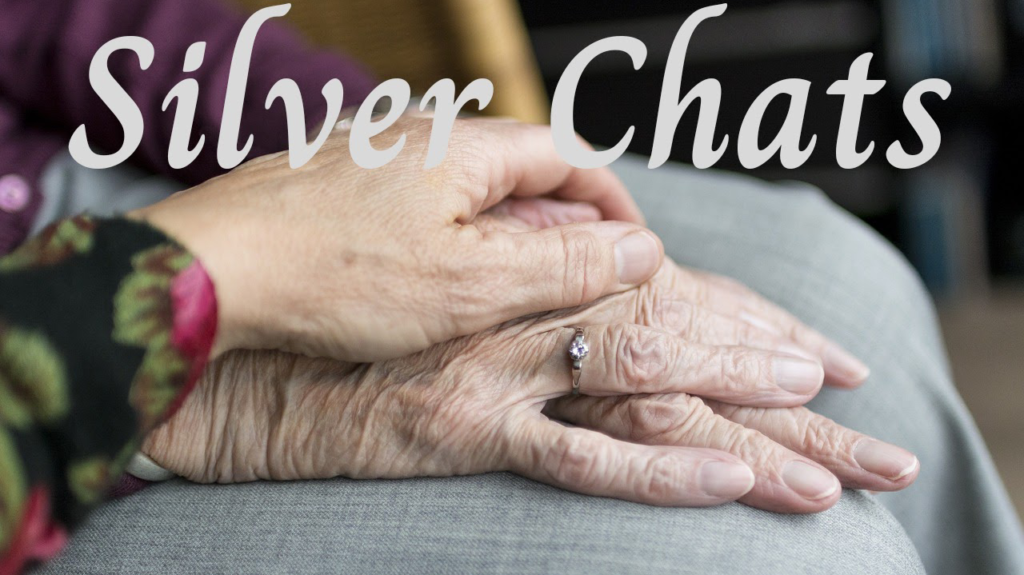I recently spent time with family and much of it was spent sifting through family photos. It was cathartic and we enjoyed many stories and laughs. It got me thinking about aging and family and its many facets. Some of us find ourselves with parents who need care, children who are now adults, their partners, our significant others, and if we are lucky, grandchildren.
As our family dynamics shift, our families grow exponentially. Family growth can present challenges from these changes and sometimes we struggle with them. The roles we played as children and parents no longer apply and accepting this can be frustrating, and confusing. A healthy, holistic approach to these changing roles can bring acceptance thus, family harmony and joy.
I remember learning about the “sandwich generation” in college. It’s the term used to explain middle-aged (40s and 50s) adults who care for both their parents and their children. However, with our extended longevity, many of us in our 60s now care for our parents as they live longer. At an age where we are experiencing age-related issues, many of us are also caregivers. It can be a rewarding time and a stressful time. Balancing the needs of loved ones and maintaining healthy mental well-being is a holistic aging practice. That is why self-care is important. It can be an honor to care for a parent and give back to them. It can be the most rewarding time of life. It can also be draining. It is acceptable to ask for help. If you find yourself in this situation, there are groups, churches, and local charity services that offer assistance. There are caregiver services and support resources available in local communities. (https://www.nia.nih.gov/health/caregiving/does-older-adult-your-life-need-help)
Our immediate family dynamic evolves too. Our spouses and partners change. Relationships built on furthering careers, having kids, and socializing slowly erode and many couples find themselves without purpose. During their lives many couples diverge and separateness is commonplace. Aging brings retirement, empty households, and a dwindling social network. When left with each other, couples often have to make time to find each other. For others, the connection never faded and can be a time of discovery and adventure. When you accept each other and look for ways to connect, you discover the endless possibilities of aging.
One of the biggest changes occurs when our children marry or have a significant other. What once was a family of four quickly morphs into six. If we are lucky enough to be blessed with grandchildren, it can expand to a family of 10 or 12. I have experienced this 1st hand. Both my daughters married and I now have 5 grandchildren under 6. My family went from 4 to 11 in a blink of an eye. The blurring of roles from parent to inlaw to grandparent can be overwhelming. It was for me. Learning to accept new members of the family can be daunting. Opening your heart to welcoming strangers into your tight-knit family is frightening. The uncertainty of navigating new relationships and redefining roles is not an easy process. Letting go from directing our children to accepting the role of consultant can be difficult. Our opinions become points of contention and oftentimes aren’t appreciated. Learning to step back and watch without judgment but with compassion and support should become the norm. Our children’s lives become their focus. As parents, we take on a guardianship role. The relationship that evolves can be freeing and full of love once accepted.
If blessed, grandchildren bring even more growth to our families. It is joyful to meet the next generation. We play a unique role in the lives of our grandchildren. They allow us to forgo child-rearing and reap the benefits of special emotional connections. Research shows that spending time with grandchildren has health benefits by improving mental health, reducing stress, and increasing longevity. We experience increased physical activity which boosts everyday health. Grandparenting comes in all shapes and sizes and every grandchild is different. Picking the type of relationship to have with our grandchildren is an individual decision. Whichever one fits, a connection with our grandchildren is as important to them and is beneficial to our aging process. (https://www.ncbi.nlm.nih.gov/pmc/articles/PMC9424377/)
We made family our focal point in our earlier years. With acceptance, compassion, and understanding we can redefine our roles and the roles of other family members as we age.
We can find happiness and fulfillment with our partners, children, and grandchildren. We can reap the health benefits of positive relationships with our loved ones.
Silver Chats hopes this blog encourages reflection on family relationships. As we age, they are as important as when we were younger. Building and maintaining healthy, positive family ties is part of holistic aging practices.
